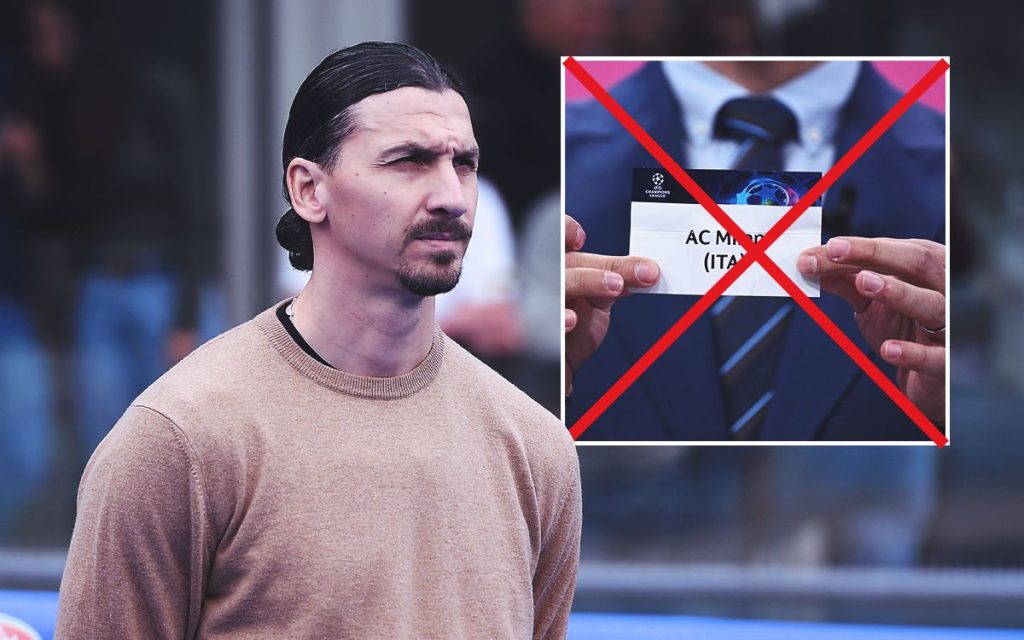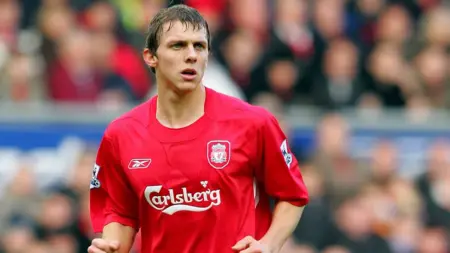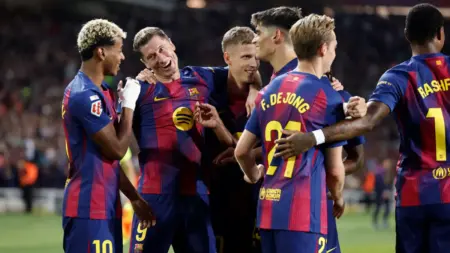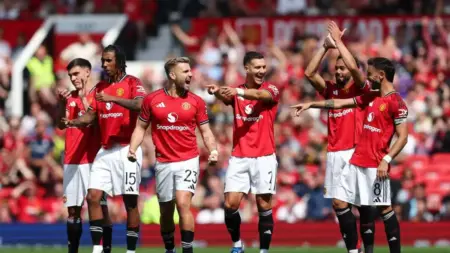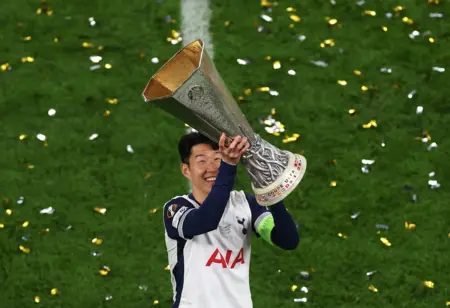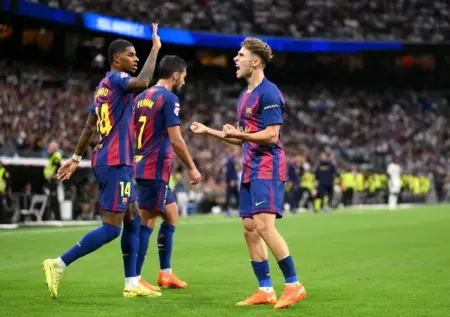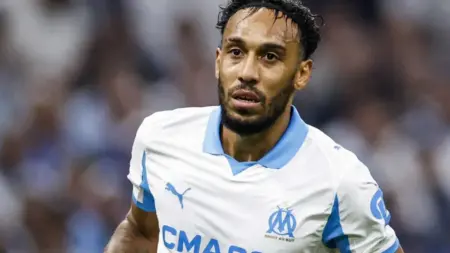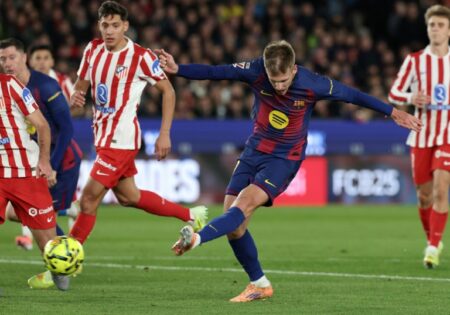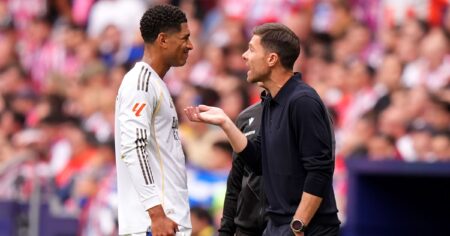AC Milan’s Struggles in the Face of European Competition
AC Milan has had a tumultuous season marked by regression and missed opportunities, despite significant financial investments. This downturn in performance has prompted a critical examination of the club’s strategy, particularly in relation to European football. The Rossoneri’s ongoing battle to secure a spot in the Champions League appears increasingly improbable, and even their participation in general European competitions seems uncertain. This situation has led to speculation about whether the club might actually benefit from a season without the burden of European fixtures. The notion is paradoxical, but it raises important questions about the club’s long-term prospects and the impact of financial and managerial decisions on their current form.
The Timing of Investments and Their Effectiveness
Milan’s financial aggressiveness during the summer transfer window was evident, with substantial sums spent on both transfer fees and compensation. However, the timing of these investments has been a significant point of contention. The club’s management seemed to adopt a reactive approach, particularly with the winter recruitment, which can be seen as a desperate attempt to regain credibility and shore up a struggling team. Unfortunately, these mid-season reinforcements have not had the desired effect, and the team’s performance has continued to waver. Conversely, had the club invested wisely and strategically before the season began, the outcome might have been different. This misalignment in timing has exacerbated the club’s problems and made it harder to achieve their goals.
The Impact of Managerial Changes
Another critical factor in Milan’s struggles has been the managerial changes. Paulo Fonseca’s tenure was marked by inconsistency and a lack of clear direction, leading to his eventual dismissal. However, the timing of his sacking is also under scrutiny. Many argue that it was too late, and by the time Fonseca was removed, the damage was already done. The transition to Sergio Conceicao has been challenging as well. Conceicao has had to navigate a difficult landscape, grappling with a team that was not his initial choice and dealing with the fallout from earlier missteps. While Conceicao’s failures are evident, it is also fair to acknowledge that the club’s higher-ups share a significant portion of the blame for not providing him with the necessary tools to succeed.
The Wage Bill and Financial Constraints
One of the most pressing issues for AC Milan is the staggering wage bill, which becomes even more burdensome without the financial benefits of European football. European competitions, especially the Champions League, offer significant revenue through TV rights, prize money, and increased commercial opportunities. Missing out on these funds can create an "impossible" situation for the club, as they struggle to meet payroll and other financial obligations. This financial strain could force the club to make tough decisions, potentially leading to the sale of key players or further budget cuts, which could have long-term implications on the team’s stability and competitiveness.
The Paradox of Benefit
Despite the apparent drawbacks, Gazzetta dello Sport has raised the intriguing possibility that a season without European football could be beneficial for AC Milan in the long term. The absence of European fixtures would allow the team to focus solely on domestic competitions, providing more time for training, player development, and tactical refinement. It could also create a more cohesive and motivated squad, as the players and staff can concentrate on building a strong foundation without the added pressure of midweek European matches. This could be particularly advantageous for a team in the midst of a rebuild, where consistent performance and development are crucial.
The ‘What If’ Scenario
The loss to Lazio has crystallized the club’s current woes and has left fans and pundits alike pondering the "what if" scenario. What if Milan could use this season to reassess their strategy, invest in youth development, and build a more sustainable squad? The idea is not without merit, given the club’s history and the potential for a fresh start. However, it also risks being seen as desperate optimism. Only time will tell if this season’s challenges will serve as a catalyst for positive change or if they will further entrench the club’s struggles. For now, the question remains open, and the path forward is uncertain.

